Connections in Kazakhstan
CCU builds a cultural bridge through arts and humanities.
Where the hills spill into the cities and old architecture blends with buildings of an urban sensibility, bridges continue to be built — not over the serene, winding rivers, but across cultures.
Three Coastal Carolina University faculty members have extended the reach of Teal Nation across the world to Kazakhstan by using arts and humanities as a vehicle for cultural connection, and that move has already sparked development of a continuing initiative. 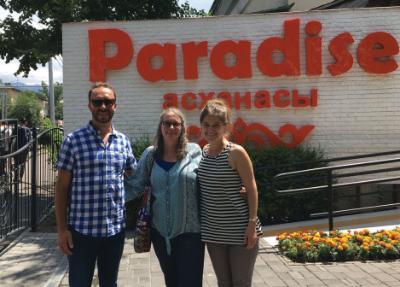
During the summer of 2018, Anna Oldfield, associate professor, and Emma Howes, assistant professor, both of the Department of English, and Ben Sota, assistant professor in the Department of Theatre, partnered with Kazakh National Academy of Arts (KAZNAA) to devise 20 artistic and academic workshops for students at three different universities in the country.
Oldfield called the adventures abroad “scholarly diplomacy.”
“It’s a way to make people-to-people connections through a mutual love for teaching and learning,” said Oldfield.
From the first session at KAZNAA, Oldfield knew the program was a unique opportunity to not only represent the CCU community but also expand it to new, passionate scholars.
“I knew we would be welcome in Kazakhstan, which is a very hospitable country, but I was surprised at the great enthusiasm we met at every venue where we did workshops,” said Oldfield, who visited Kazakhstan on a Fulbright Grant in 2017.
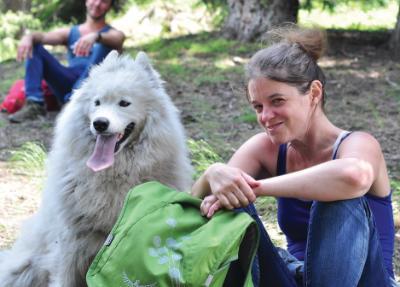 Howes believes the understanding gathered in the academic setting in Kazakhstan, rooted in a passion for craft, facilitated the strength of personal ties.
Howes believes the understanding gathered in the academic setting in Kazakhstan, rooted in a passion for craft, facilitated the strength of personal ties.
“Every time we left a location, it felt like we were leaving friends we had known for much longer than a few days,” said Howes.
Armed with academic knowledge and open minds, Oldfield, Howes and Sota taught in-depth workshops on translation, academic writing and physical theater, respectively; however, the real work took place well beyond the classroom.
“The people at every university went out of their way to take care of us and treated us like honored guests and also as friends,” said Oldfield. “They invited us to their homes, to picnics and on beautiful but challenging mountain hikes.”
The beauty of the area, Howes added, was heightened by the locals’ welcoming nature.
“Our hosts took us to vibrant sites in their cities that we would have never been able to access otherwise, showing us the diversity and the richness of Kazakh culture and landscapes,” said Howes.
Sota said the social and cultural dynamics of the area made it a particularly inspiring place to teach.
“I was struck by how multicultural and diverse Kazakhstan is,” said Sota. “Everyone shares their culture, and one is not valued over another. The arts are not separate, but they inform each other. It was really refreshing.” 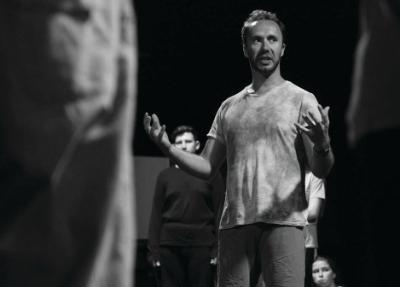
Oldfield, Howes and Sota hoped their Kazakhstan experiences would prompt future outreach to universities in the area and that CCU would continue to build the connection with the scholars who had their first taste of Teal Nation. Just one year later, those hopes are being realized.
Howes has been awarded a Core Fulbright Teaching Fellowship at the Kazakh Ablau University of International Relations and World Languages in Almaty, Kazakhstan. Howes will spend the 2019-20 academic year teaching academic writing in English at this institution.
In addition, Madison Rahner, a student in CCU’s Master of Arts in Writing program, will spend four weeks in the country in summer 2019 teaching academic writing. While it is her first time traveling to a country in the eastern hemisphere, Rahner feels ready to embrace the differences in culture, and she believes the hospitality of the country and the dedication of the students provides an optimal setting for learning.
“These are students who are excited to learn English from a native English speaker,” said Rahner.
As CCU fosters relationships with universities abroad, individuals such as Oldfield, Howes, Sota and Rahner will continue to seek adventure in new places and identify the life-altering perspectives from the voices they encounter. 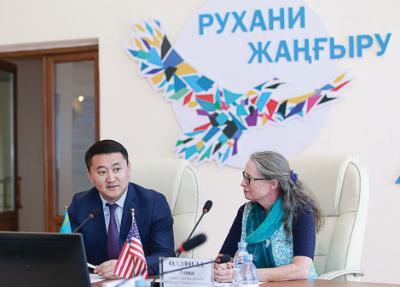
“Much of this work teaches us to pause when we encounter language in a new way,” said Howes, “and to try to find value in our own voices as well as those of others.”







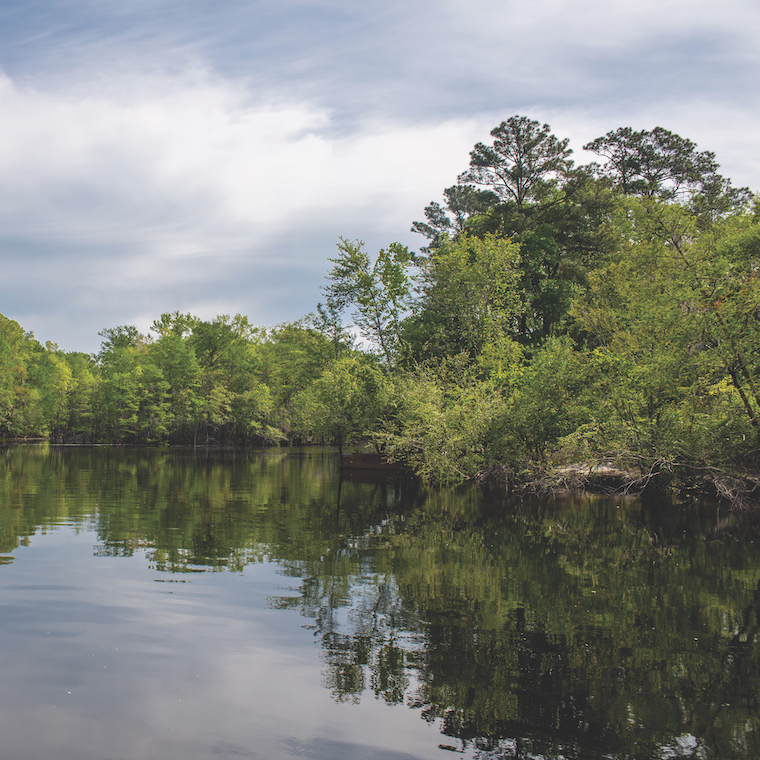
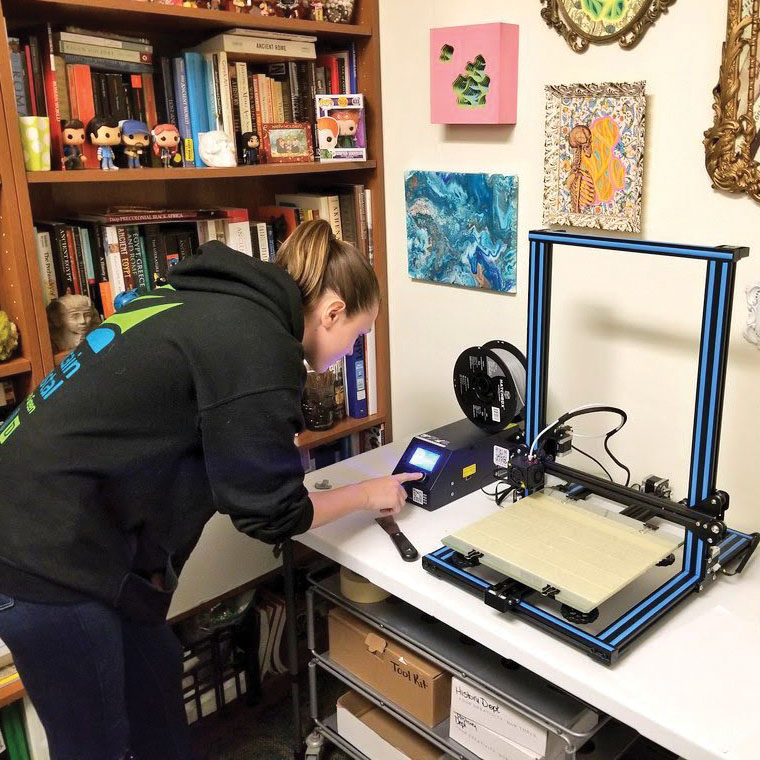
.jpg)